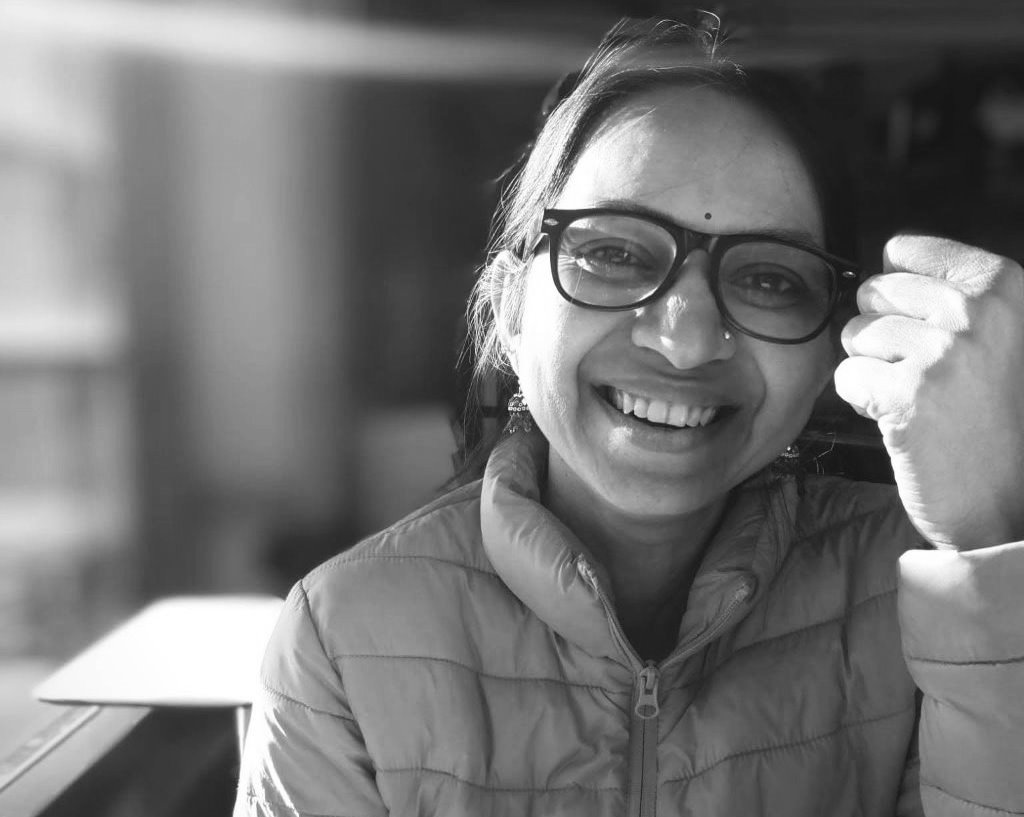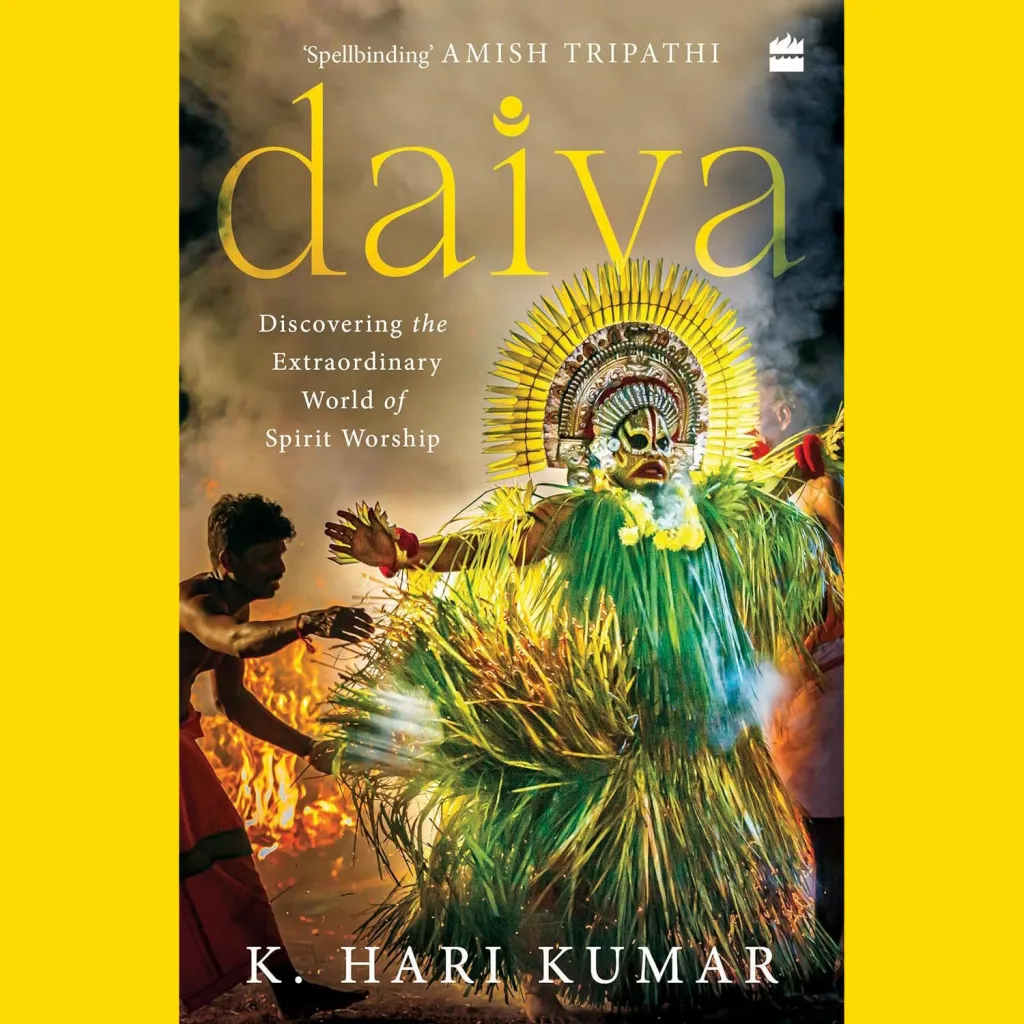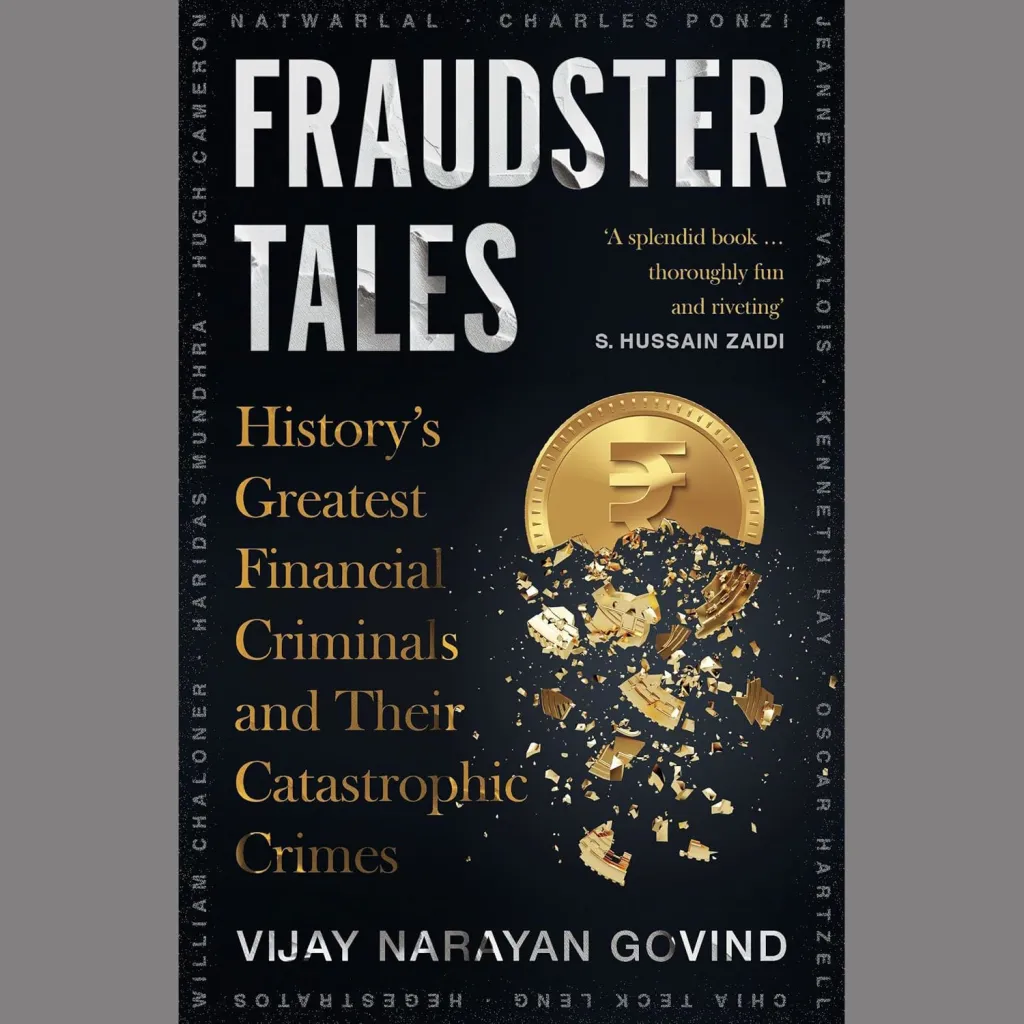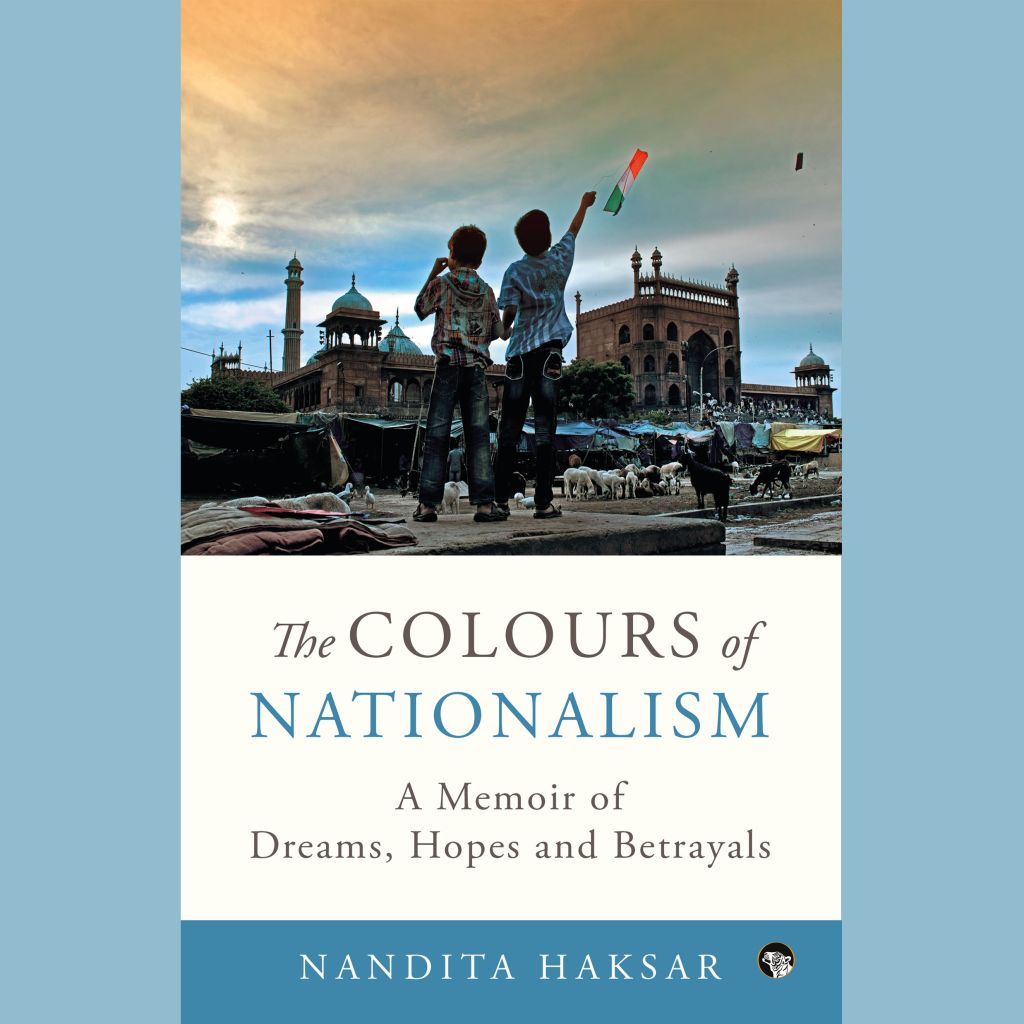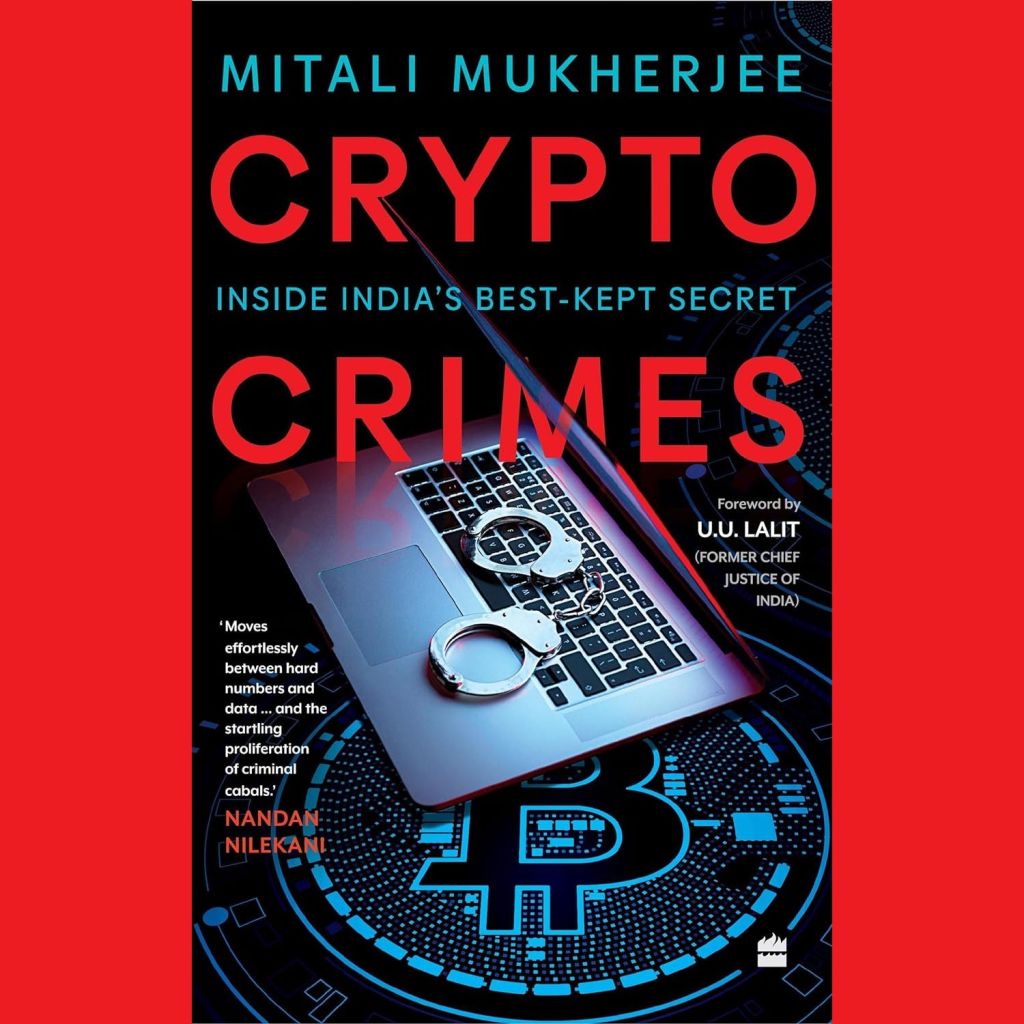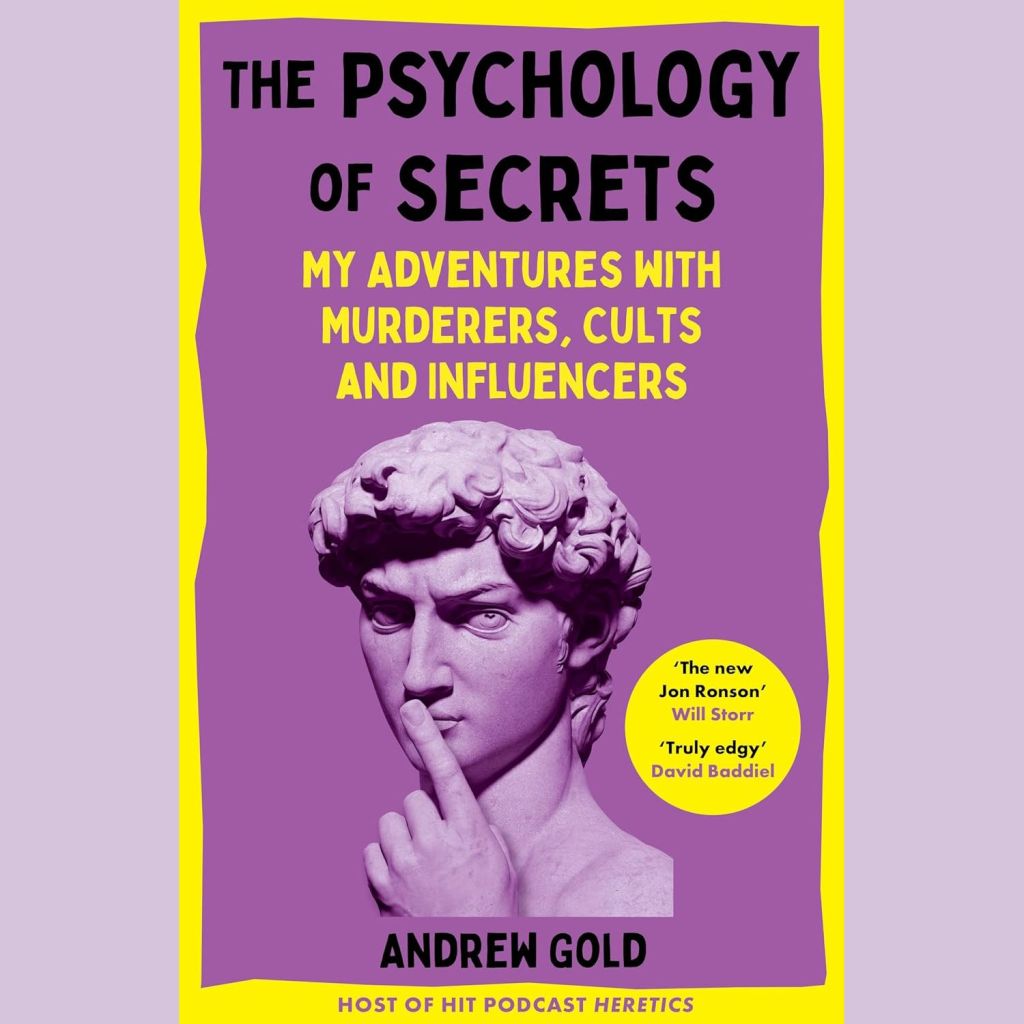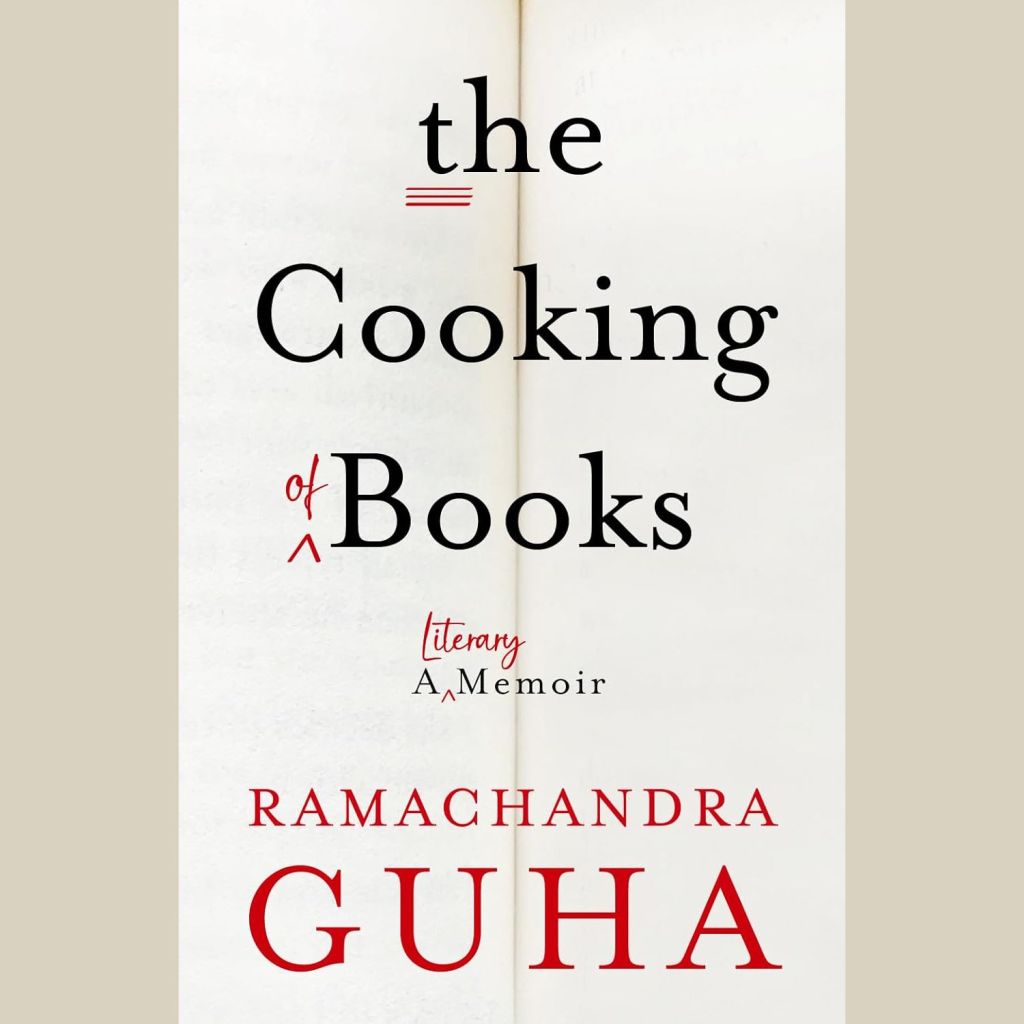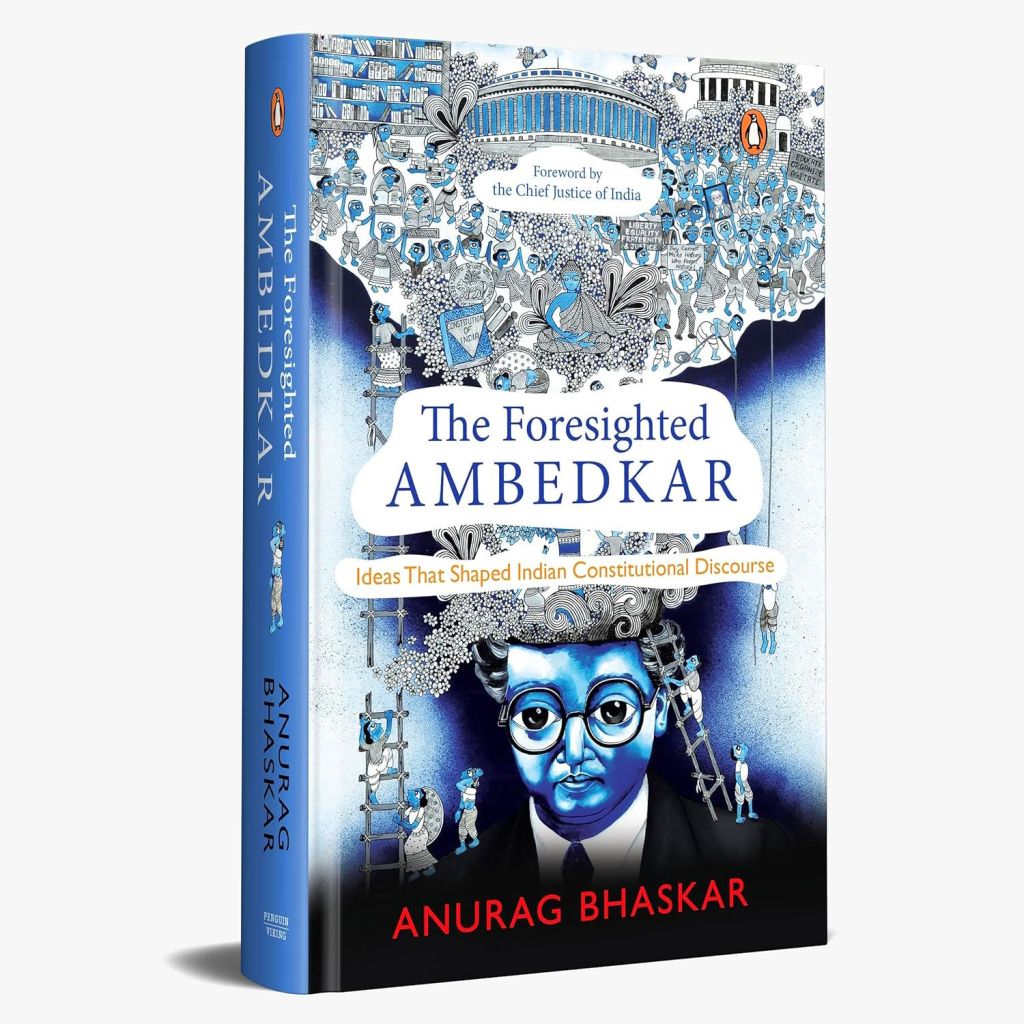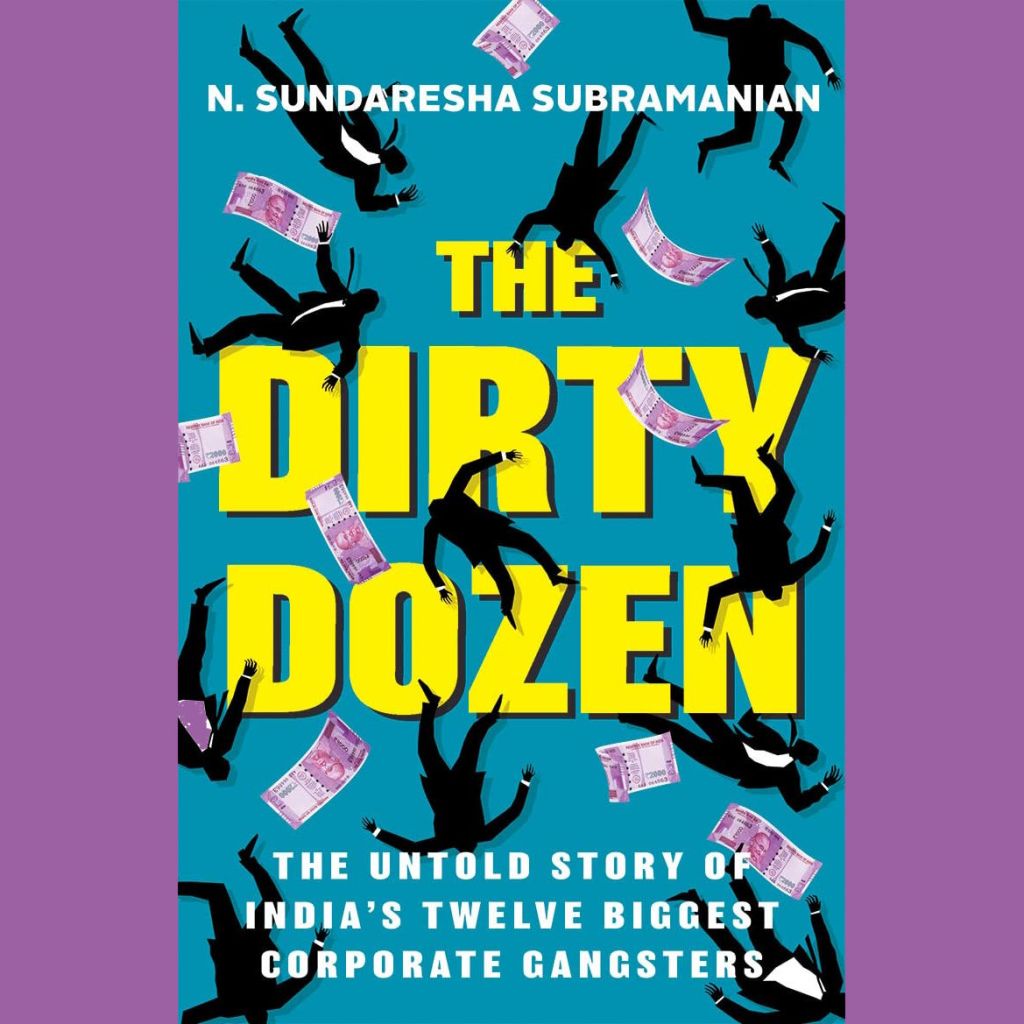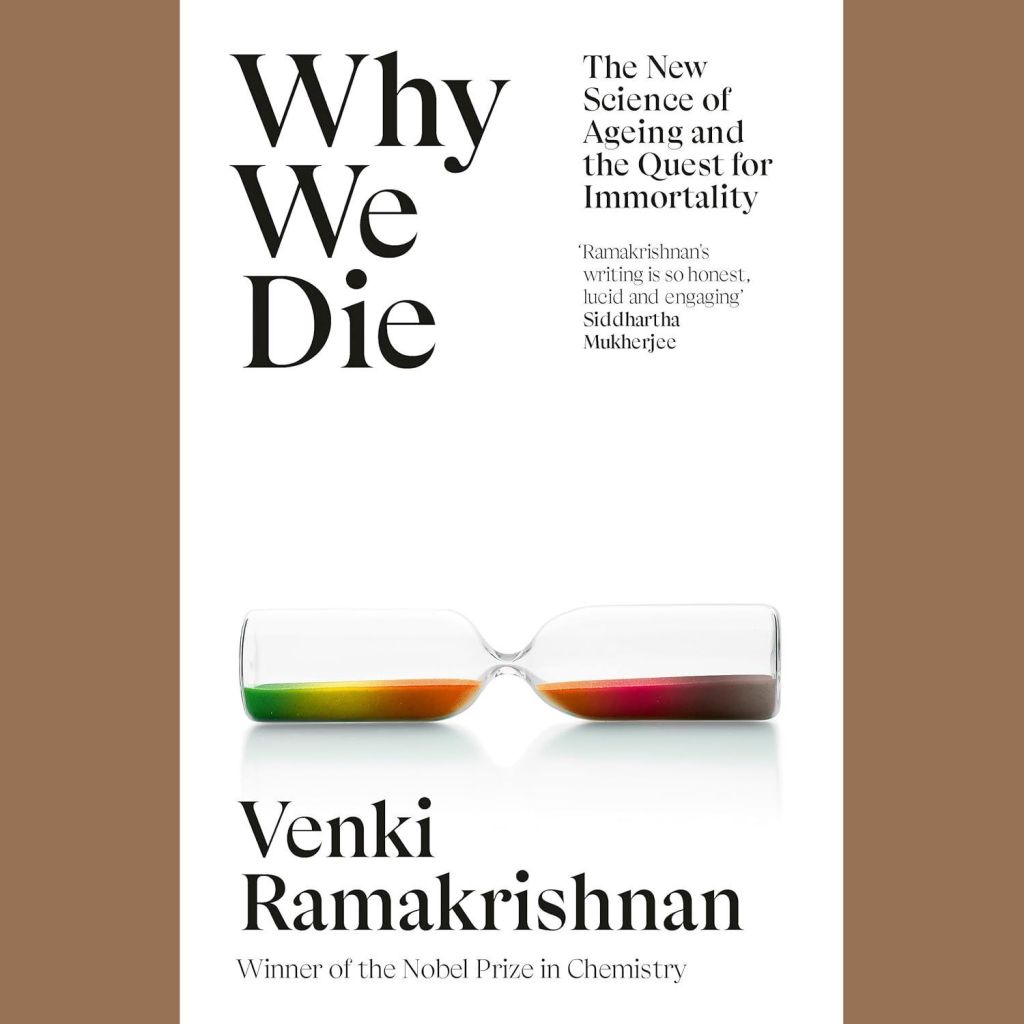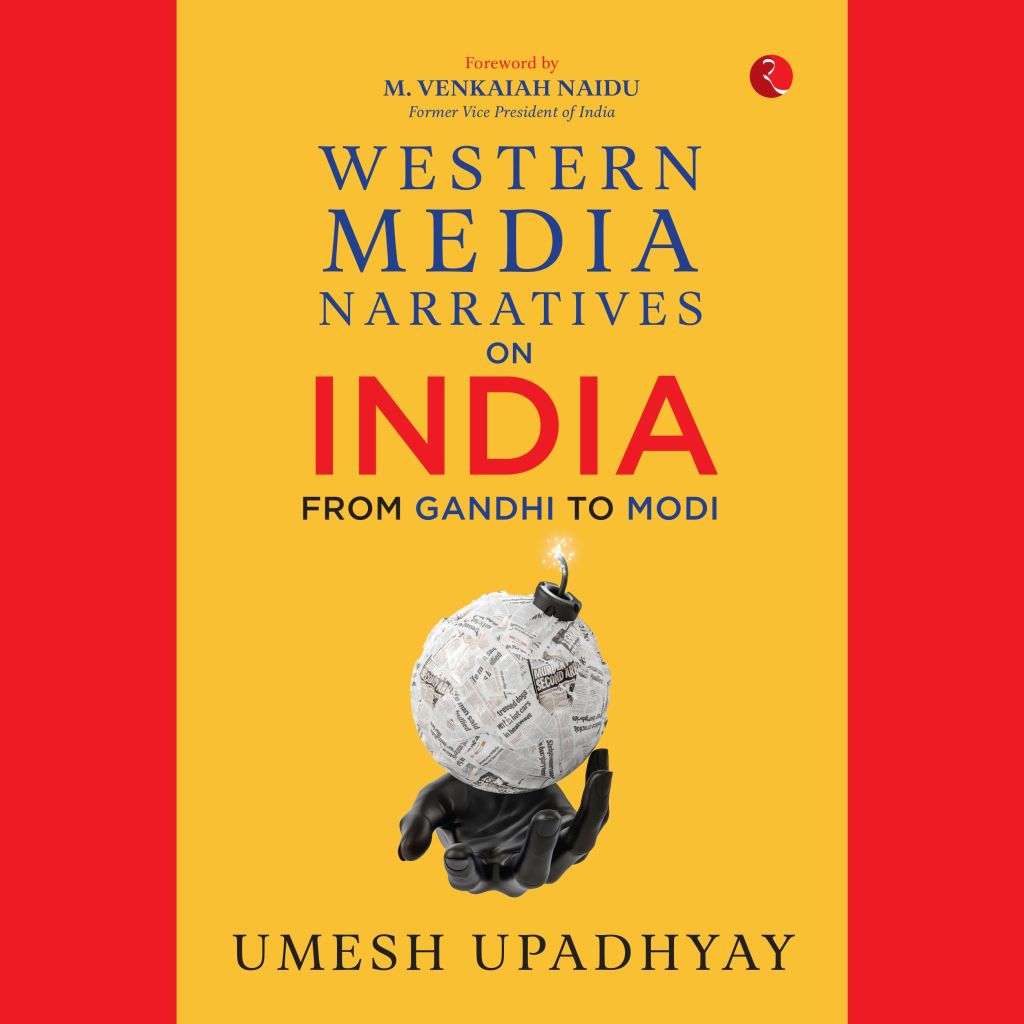With a PhD in creative writing, Dr Praveen is based in Milton Keynes, in the UK, where she lives with her husband and two boys. She misses her life in India where she hopes to return to one day, with her family. She likes to think of her life as a book, with chapters for her time spent growing up in Bombay, working and meeting wonderful friends in IT publications, moving to a new country with her husband, pursuing a creative writing doctorate and raising a family at the same time. She hopes to restart writing on her weblog, where she attempts to make sense of these pages as they go on, and someday, also publish her historical fiction which was part of her PhD.
Dr Praveen’s short stories have been published in various anthologies in the UK; The Map of Me: True Tales of Mixed Heritage Experience, JustMet 2013 – Anthology of Poems and Short Stories and Leicester Writes Short Story Prize Vol. 4. She is currently working for The Open University in Milton Keynes as a Production Editor, and spends her late evenings painting acrylic on canvas or on terracotta pots and coasters, with a crime thriller on the television to keep her company. We talk to her about her lifelong love for books and reading.
What books did you read in school and college? How have your reading preferences changed in more recent years?
I would read a lot during my school and college days – even as an excuse to get away from the real, mostly yawn-inducing history textbooks or math homework! I was introduced to reading from a very young age thanks to my father, finding little ‘surprises’ almost every other day in the slim briefcase that he carried to work, in the form of the Tinkle, Amar Chitra Katha, Indrajal comic books, or second-hand short storybooks by Russian or Indian authors.
I didn’t care that other children my age called me a ‘bookworm’ as I hardly stepped out to play. There was this sense, a kind of pressure, that I must read all the books that lined up every rack and wooden unit at home (not that I ever achieved it!), ranging from Arnold Toynbee’s volumes on A Study of History, to fiction and non-fiction collections like the World Book encyclopaedia, or the more classy Time, Marg and Life magazines that I loved dipping in and out of. These often inspired me to sketch or paint and nudged me into photography as well.
My reading preferences changed according to what I could find at the local libraries during my teenage years – The Three Investigators, Hardy Boys, Nancy Drew, or all those Archie, Asterix and Tintin comics. Later, during my hour-long daily commute to work, I explored other genres – Jostein Gaarder’s Sophie’s World, Thomas Anthony Harris’s I am Okay You Are Okay, Dr Spencer Johnson’s Who moved my Cheese?, and spiritual books like Nisargadutta Maharaj’s I am That, and Thich Nhat Hanh’s Old Path White Clouds. Also mulled over random gems from a fading spiral-bound ‘xeroxed’ sheaf of Zen Koan pages that was gifted by a close friend; it didn’t have any of the introductions or essays – I think it was very tellingly called, The Gateless Gate. Of course, I read all the Harry Potter books too.
Did moving from India to the UK affect your reading habit in any way?
In the UK, where I moved to after my marriage, I found the three-storey libraries to be vast resources I could stay lost for hours in. But strangely, the social isolation in this new, pastel and manicured country made me yearn for the wild colours and the rich, noisy life I’d left behind in Bombay. I began to look for Indian authors and was grateful to find them on foreign bookshelves: Satyajit Ray (Apu, The Adventures of Feluda, and the Professor Shonku series), Arundhati Roy (The God of Small Things), Anita Nair’s Ladies Coupé and Mistress, Chitra Banerjee Divakaruni’s The Mistress of Spices and Sister Of My Heart, the short story collections and anthologies by Amrita Pritam, Jhumpa Lahiri and Saadat Hasan Manto, and some others.
Newer hobbies like baking and painting, and books related to these also took up my reading time but on rare occasions, I did find myself immersed in English authors as well (Burnett’s The Secret Garden); for the first time, I saw how history could be made interesting in Helene Wiggin’s surprisingly lesser-known tome, In the Heart of the Garden, and I devoured all of the lighter, laugh-out-loud Alexander McCall Smith’s The No. 1 Ladies Detective Agency books.
A year into my MA course, I became a new mother, I’d also learnt to accept all the symptoms that came with a health condition called Fibromyalgia. Apart from my dissertation reading on technical writing and the Bombay noir films, books about parenting and health became a support structure I heavily relied on. In order to divert my attention away from chronic pain, I signed up for a PhD. My PhD course was part-time and practice-based, which means my research (on the lives of women in a pre-Victorian India) was to feed my work of fiction. During those 10 years, I had acquired a British passport, but I had become more Indian.
Slow to learn or retain information, I found myself approaching my reading list with caution, exploring the deep, rich, intellectual worlds of Amartya Sen’s The Argumentative Indian, the Many Ramanayas of Paula Richman, Mandrakanta Bose’s interpretation of Shakti, Sita and the Faces of the Feminine in every version of them; I learnt about Indian-ness (Becoming Indian, by Pavan Varma), about the India that our education system chose to forget (Saskia Kersenboom’s Nithyasumangali), Indian mythology, about Indian women during the Vedic times, the courtesans; I could relate to the Indian way of Thinking in A K Ramanujan’s brilliant short stories, through Sudhir Kakar’s psychoanalysis texts of childhood and Indian society).
I read history books that were interesting; they made me feel alert, amused, at times even angry, and were based on true experiences (William Logan’s The Malabar Manual, Abbe Dubios’ well-used Hindu manners, customs and ceremonies, A S Altekar’s Education in Ancient India, Elizabeth Bumiller’s May you be the Mother of a Hundred Sons); I learnt Seeing like a Feminist (Nivedita Menon), compared the female sexuality and attitudes to it in England (Lucy Bland’s Banishing the Beast) and in India, and recognised how the foreign language of morality and taboo had replaced our own Sanskrit literature, which only understood the language of love.
I learnt about colonialism and post-colonialism and recognised the post-postcolonialism that sparkles with radiance in today’s retellings of Indian mythology, be they through books (Amish Tripathi, Devdutt Pattnaik, Chitra Banerjee), podcasts or so-called Bollywood narratives. I read about the differences between the Western and Indian narratives (Sudhir Kakar’s Indian Identity and The Tell-Tale Brain by V S Ramachandran), and the layers of metafiction that always existed in our Mahabharata and Ramayana; I also learnt about the dangers of a single story (Chimananda Ngozi Adichie), and having to revisit all of these authors again and again had helped shape my thesis and explain why I wrote what I did.
Thankfully, all of this learning, reading and writing, which feels like it was in a previous life, happened before the pandemic! Since the lockdown, when most of us are working from home and juggling the office and household chores along with meeting the family’s needs, my list of to-read books stays mostly unticked thanks to a lack of time.
What are some of the most memorable books you’ve read in the last three years?
A Far Cry from Kensington, by Muriel Spark. Fine, refreshing writing, excellent observation about people from different classes and how they get along, or don’t, as they live under the same roof as residents, and the publishing industry in general.
Chinua Achebe’s Things Fall Apart, and Half of a Yellow Sun, by Chimamanda Ngozi Adichie. I take the name of these books in a single sentence as both writers, with their engaging and fearless writing, in a way totally coaxed me and empowered me to present my own reluctant thoughts about colonialism and post-postcolonialism to a very British panel of examiners. I owe the success of my PhD thesis to their works.
Vladimir Nabokov, Lolita, for its honesty, the first-person narrative. Elena Ferrante, The Lost Daughter: Again, honest, shocking and moving narrative. Maximum City: Bombay Lost and Found, by Suketu Mehta. Perhaps the only non-fiction book I will choose to re-read all over again. The narrative – and aamchi Mumbai, really – kept me company during my cold journeys to the university in London.
Shantaram. I loved Gregory David Robert’s portrayal of Bombay, Dharavi, it’s people and the drug mafia – it unfurled like a gripping, raw Bollywood movie and I had fallen in love with some of the characters, especially Prabhaker. But this book will be memorable to me for the completely opposite response I had when I read the second time – as part of a book club reading almost a decade later. Strangely, this time I felt the same book to be overly melodramatic; it reiterated the fact that it was written by a non-Indian author, and to me it meant nothing but a foreigner’s view of Mumbai. I wasn’t as unforgiving to the Gregory David Robert’s book as I was to Adiga’s The White Tiger, which I felt was written for the Western reader on the Booker panel, leaving me so infuriated that I let go of the book just as quickly as I had purchased it.
Any all-time favourite authors?
I am partial to short stories and their potential for simplicity, and perhaps that’s why some of my favourite authors include Saadat Hasan Manto, R K Narayan, A K Ramanujam, Alexander McCall Smith and Jhumpa Lahiri.
Do you think smartphones and other screens are responsible for the decline of reading among the young?
Personally, I tend to be wary of entirely blaming youngsters who spend far too long on their mobile phones and apps; this is what they have grown up with, what they see around them. In the UK where I live, for example, I don’t see children playing together outdoors, but they’d rather connect online to play Minecraft! There is no denying the fact that our attention span has decreased over the years – but if writers and book publishers can come up with a solution to beat that limitation, I think very soon children will get back to reading, hopefully off-screen!
Your thoughts on eBooks and devices like the Kindle?
I prefer reading a physical paperback anytime rather than on a screen, but I have occasionally read books on the Kindle as well simply because it has been quicker to purchase online, and visiting a shop would mean braving the cold weather! I don’t think electronic reading devices will ever replace the actual book though. Fingers crossed!
What do you have to say to people who borrow books and never give them back?
I would say, ‘Look after them with care!’ I did have a friend who ‘forgot’ she had borrowed my book – but I did collect it back from her eventually, as it was a book of short stories with my story published in it, and it was the only copy I owned!

